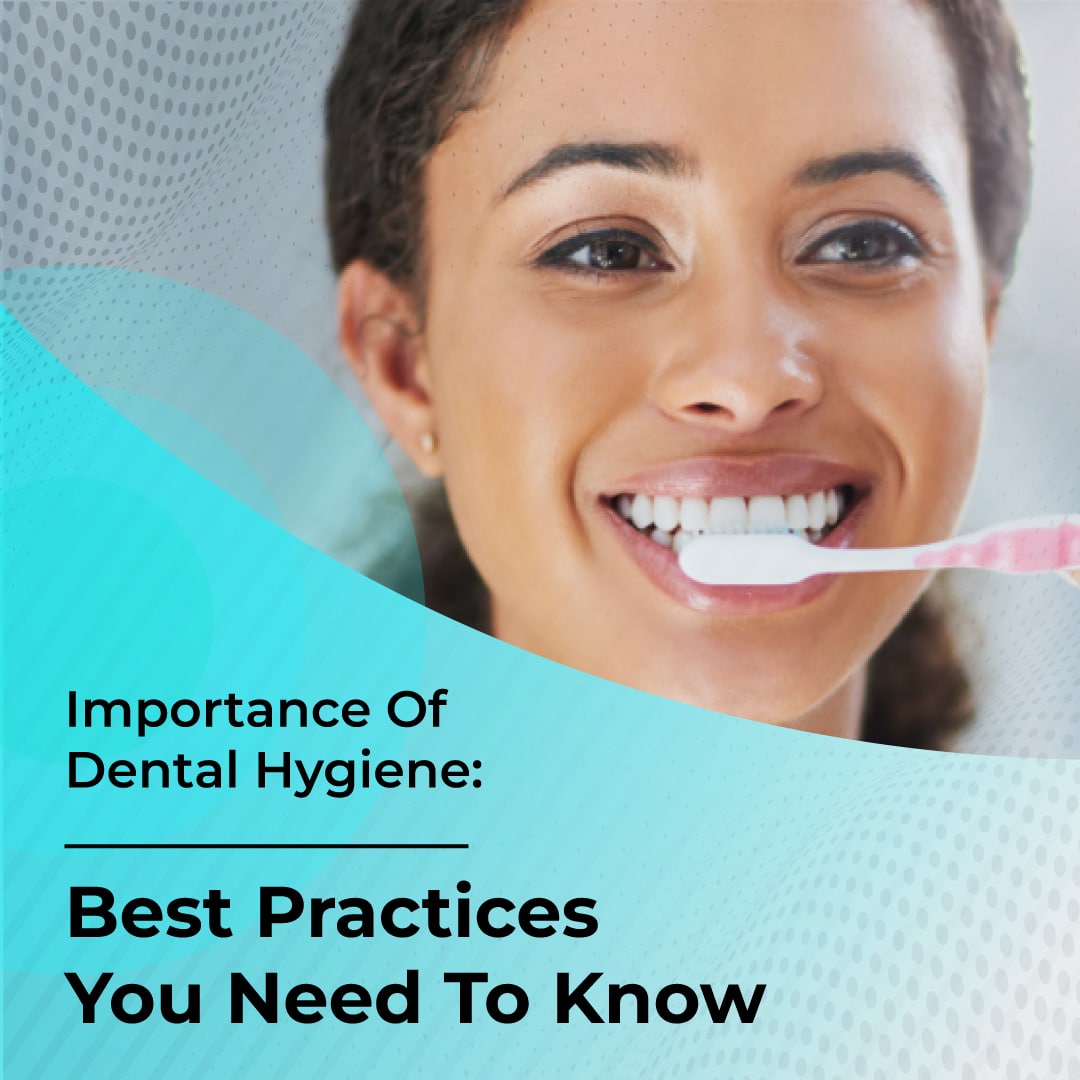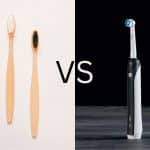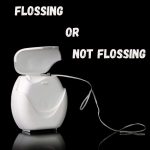Most individuals often overlook the importance of dental hygiene and how much it contributes to good health. Are you aware that one’s oral health is a reflection of their overall health?
It’s easy to keep teeth healthy and stop bad breath by taking care of them. The recommended oral hygiene procedures can prevent cavities and bleeding gums.
Unless you take your dental health seriously, poor dental hygiene can lead to tooth decay and gum disease.
So, what is the importance of dental hygiene to overall health? This post will shed some light on the importance of dental hygiene and dental hygiene practices. Let us dive in.
What is Dental Hygiene?
Dental hygiene is the practice of maintaining good oral hygiene to protect teeth and gums from infection and decay. The practice involves brushing your teeth, flossing, and other aspects of oral hygiene. Good oral hygiene ensures teeth and other oral structures are free of infection.
Oral health is a significant contributing factor to a person’s healthy life. The Centers for Disease Control and Prevention reports that poor dental hygiene increases the risk of chronic illnesses such as heart disease and diabetes. Therefore, proper dental hygiene is essential to improving oral health and overall well-being.
Let’s look at the importance of dental hygiene in depth.
What is the Importance of Dental Hygiene
Dental hygiene is an important aspect of good health. It helps prevent many diseases, including oral cancer. Dental hygiene also helps keep teeth clean and healthy.
Dental hygiene focuses primarily on preventing plaque buildup from preventing gum disease and tooth decay. Here are some of the benefits associated with dental hygiene that illustrate its importance:
It Influences General Health
Your mouth serves as the door to the internal parts of your body. Detecting early symptoms of systemic diseases is also easy in the mouth. Systemic diseases such as diabetes often start to become apparent as a mouth lesion or other dental problems such as gum infection.
Poor dental hygiene can lead to the following list of health issues. Such as :
- Infectious endocarditis
- bacterial pneumonia
- Tuberculosis
- Pregnancy complications
- Malnutrition
- Various Cancers
According to Harvard University research, people with periodontal disease are more likely to develop heart disease. It appears that periodontitis increases the burden of inflammation on the body. The arteries are one component of the body that can experience chronic inflammation.
Stops Tooth Loss
Tooth loss is the most prevalent dental issue among both children and adults. And one of the many factors contributing to tooth loss is poor dental hygiene.
Poor oral hygiene can lead to plaque buildup and gum disease, which can lead to tooth loss.
Using a toothbrush and floss as part of a regular oral hygiene routine can reduce plaque. However the use of only brushing and flossing is not sufficient.
Visit the dentist twice a year for professional cleanings to keep your oral hygiene and health on point. Doing this will help remove tartar and plaque from gum lines and difficult-to-reach teeth.
Prevent Gum Disease
You will not develop gum disease overnight. Maintaining proper dental hygiene can prevent gum disease from progressing to an irreversible stage since it develops gradually.
You’ll accumulate plaque over time if you don’t consistently brush and floss your teeth. When plaque combines with other minerals on your teeth, it becomes tartar, which is usually removed with a dental cleaning. Plaque and tartar buildup cause your gums to become inflamed and irritated.
Flossing and brushing your teeth twice a day will help maintain healthy gums.
Keep Your Digestive System Healthy
Our mouths are the conduits that carry food into our stomachs. Most bacteria in your mouth are harmless, but certain ones can make you sick.
Maintaining good dental hygiene prevents microorganisms from building up and harming your digestive tract.
If you have digestion issues or other disorders like ulcers, you should know how this could impact your teeth.
Pregnancy Complications
Due to hormones, which affect how your body reacts to plaque during pregnancy, pregnancy can affect your teeth. Research has also linked periodontitis to preterm birth and low birth weight.
Therefore, dental hygiene practices like flossing and brushing during pregnancy can prevent gingivitis and periodontitis.
Whiter Teeth And Fresher Smile
Last but not the least, it is always a greater concern for most of us to have good-looking, fresh teeth and smiles. Dental hygiene or healthiness can ensure to have whiter teeth and a brighter smile on our face.
Maintaining proper oral hygiene regularly is crucial if you want a healthy smile. You may grin with confidence if you keep your teeth clear of tartar.
Best Oral Hygiene Practices
Maintaining regular hygiene is a healthy investment for your oral health as well as your general health. To achieve and maintain proper oral hygiene, consider and practice the following activities:
Brush Your Teeth Twice a Day
Maintaining your teeth regularly is the key to keeping them clean and healthy. It will help if you brush your teeth twice a day or after every meal. Ensure the soft tissue surrounding the teeth is not harmed during cleaning.
After every meal, you should chew sugarless gum or rinse your mouth with water. Drinking is a common habit after eating; it is a good time to clean your mouth.
When you don’t brush your teeth before bed, plaque can calcify on your teeth and become hard to get off. A good night’s sleep starts with brushing your teeth.
Use little circular motions while angling the brush head towards the gums. It is one of the best practices for maintaining oral hygiene regularly.
Replace Your Toothbrush
Changing it every three to six months should keep it in good enough condition to clean your teeth. You can harm your gums and improperly clean your teeth with damaged or frayed brushes.
You may contribute to the cleanliness of your toothbrush by changing it frequently. Be sure to rinse your toothbrush well and store it somewhere dry.
Changing your toothbrush after being sick is an easy way to avoid reinfecting your mouth with bacteria.
Eat a Healthy Diet
Ensure that you consume nutritious foods and stay away from sweet snacks. Eat healthy food to avoid oral diseases and other health problems.
Some foods, like almonds, leafy greens, cheese, and yogurt, can strengthen your teeth. Make sure you ask your dentist what foods will keep your teeth strong.
Stay Hydrated
Hydration supports healthy saliva production, as well as your general health. Saliva promotes dental health by moving food particles around your mouth and keeping bacteria from sticking to your teeth.
Furthermore, it maintains the moisture and comfort of your mouth.
Avoid Smoking and Drinks
Stay away from tobacco products and other addictive habits. The use of tobacco or alcohol can result in chronic gum disease and severe gum problems. The best thing you can do for your dental and general health is to stop smoking immediately.
Invest in Dental Hygiene Products
While brushing and flossing are important for maintaining good dental health, other supplements can help. Water Flossers Oral Irrigators, Mouthwash, and Tongue Cleaners are among these supplements.
Using these supplements and brushing and flossing regularly will help you maintain a healthy mouth.
Maintain a Regular Dental Visit
Regular dental appointments will help your dentist stop problems before they begin or identify them early. Moreover, twice-a-year dental cleanings keep your teeth and gums healthy by removing plaque and tartar buildup.
Regularly Check Your Oral Health
Regular visits to the dentist are great for preventive care, but problems can still happen between appointments. Taking care of your oral health daily will prevent serious problems down the road.
Keep an eye out for changes or odd occurrences with your gums and teeth. When you learn anything worrying, call your dentist or talk to your dentist about it.
It is beneficial to perform regular self-examinations to maintain a healthy lifestyle.
The Takeaway
That’s all for today’s roundup about the essentials of dental hygiene and best practices. Any individual’s oral health depends on maintaining good oral hygiene. The regular practice of dental hygiene can help prevent many oral health problems.
You should therefore take good care of your oral hygiene to avoid dental problems and chronic diseases. Hopefully this post has given you a better understanding of why dental hygiene is important.





